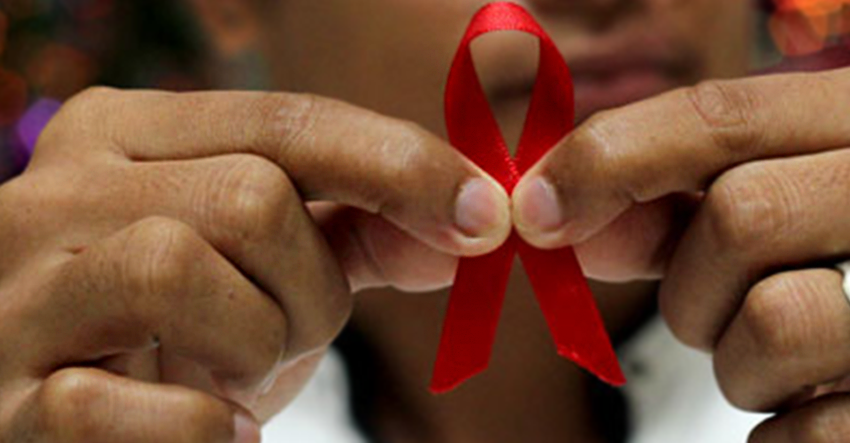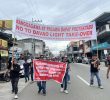
DAVAO CITY, Philippines – The local government’s practices in caring for patients infected with the Human Immunodeficiency Virus (HIV) is Valencia City’s role model.
Dr. Policarpo P. Murillo, head of Valencia’s Committee on Health, Sanitation and Other Medical Services said they saw Davao’s Reproductive Health and Wellness Center as having a huge role in assisting people living with HIV and those with Acquired Immunodeficiency Syndrome, the severe phase of the virus’ infection.
Murillo said unlike in Davao City, Valencia only has the City Health Office to assist PLHIV.
Valencia has recorded five persons tested positive for HIV, out of the 833 screened individuals, said Murillo. On the other hand, three out of 82 tested positive for Hepatitis B, one out of 82 tested positive for syphilis, and 37 out of 487 tested positive for gonorrhea.
Since 1983, the city has recorded 28 persons positive for HIV. Four of them have died.
Murillo said those who tested positive in retroviral tests will have to be sent to Cagayan de Oro City which is 134 kilometers away from Valencia.
“We can only assist them through counseling and testing. We do not have tests for CD4 count. They have to go to Cagayan de Oro City for that,” he told Davao Today in an interview at the Southern Philippines Medical Center on Wednesday, August 30.
The CD4 count measures the amount of CD4 cells, a type of white blood cells that destroys bacteria and other viruses. Knowing the CD4 count allows the patients with HIV to get effective antiviral treatment and prevent further complications.
With no wellness center in place, patients will have to be burdened with travel and boarding expenses while they are getting treatment in Cagayan de Oro City.
Davao City’s RHWC has also been assisting patients outside Davao. The RHWC is funded by DOH and the Global Fund. In constrast, Valencia still needs to identify a clear source of fund to provide medical assistance for PLHIV, he said.
He said they will also discuss about the needed policy to provide a better support mechanism and referral system for the patients.
The local government unit of Valencia has enacted City Ordinance No. 42 in 2011 which recognizes the need of the city to actively promote public awareness on the “causes, modes of transmission, consequences, means of prevention and control” of sexually transmitted infections, HIV and AIDS.
The City Ordinance also provided for the creation of the AIDS Council.
Department of Health (DOH) Data shows that there were 26 newly diagnosed HIV cases per day in 2016. The number is increasing with only one case a day recorded in 2008, four cases a day in 2010, nine in 2012, and 17 in 2014.
“We have the fastest growing epidemic in Asia,” said Health Secretary Paulyn Jean Ubial told reporters at the sidelines of the a DOH event here. (davaotoday.com)








